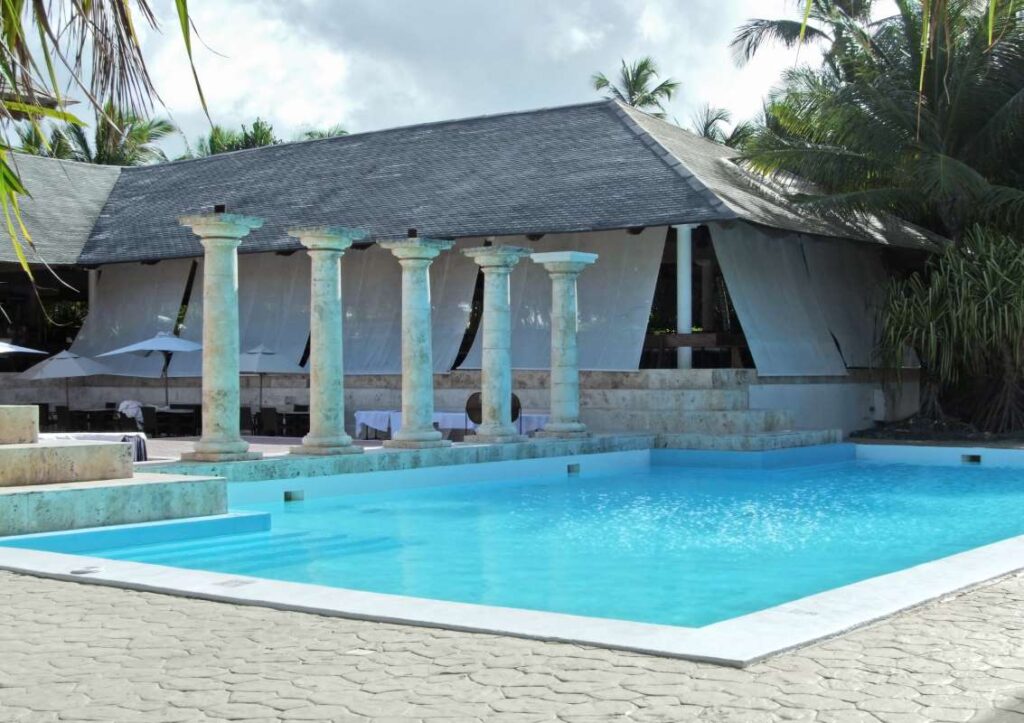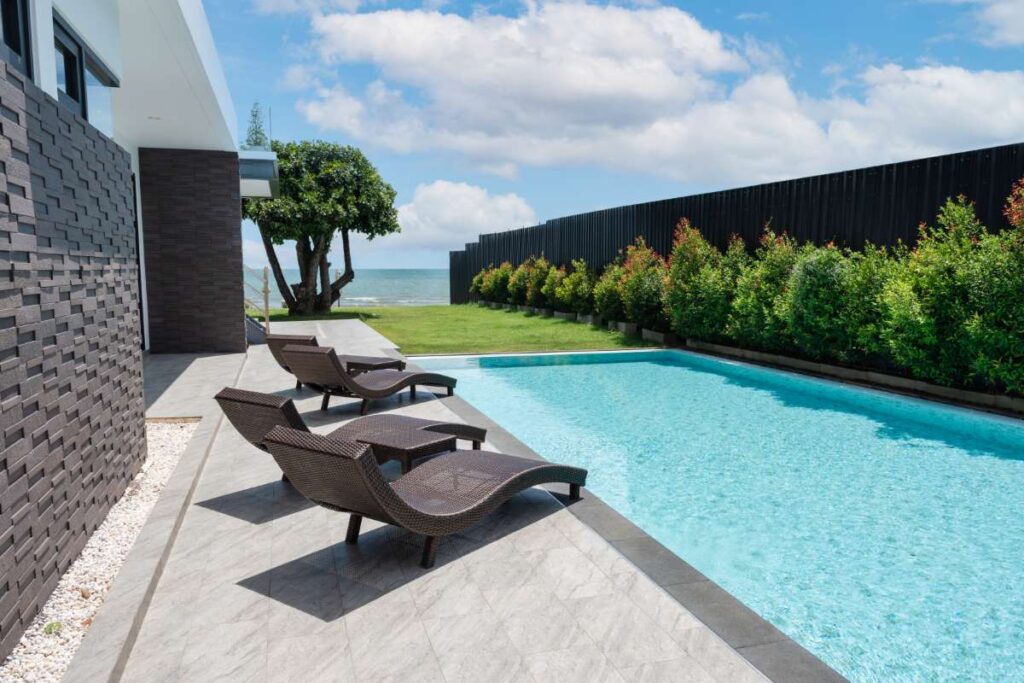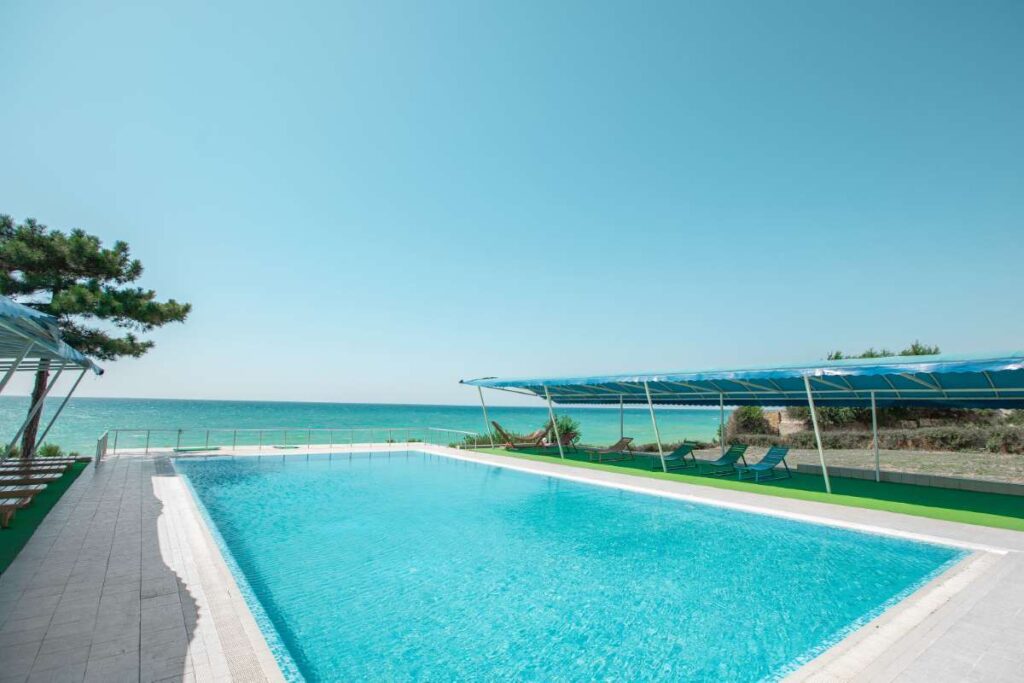Why Consistent Water Circulation Matters for Pool Health
Discover why consistent water circulation is vital for maintaining a healthy pool environment and learn how it impacts your pool’s cleanliness and safety.
Maintaining a swimming pool involves more than just cleaning and adding chemicals; a fundamental aspect that is often overlooked is consistent water circulation. Proper water circulation is crucial for keeping your pool clean, safe, and enjoyable for swimming. This blog post will delve into the significance of water circulation, the science behind it, and practical tips for ensuring your pool’s water circulates efficiently. Whether you’re a pool owner or considering investing in pool routes for sale, understanding this vital aspect can enhance your pool care routine.
The Science of Water Circulation
– Water circulation in pools involves moving water through the pool’s filtration system, which includes the pump, skimmers, and filters. – The primary goal is to ensure that all the water in the pool passes through the filter, which removes debris, contaminants, and chemicals effectively.- Statistics show that a pool’s pump should ideally run for 8 to 12 hours each day, depending on the pool size and usage, to maintain optimal water quality.For example, a pool with a volume of 20,000 gallons requires proper circulation to prevent stagnation, which can lead to algae growth and bacterial contamination. Regularly circulating the water helps distribute chemicals evenly, ensuring that every part of the pool receives adequate treatment.
Benefits of Consistent Water Circulation
– Maintains Cleanliness: Water circulation helps remove debris and particles that settle at the bottom of the pool. Without circulation, these particles can form unsightly stains and lead to more severe issues. – Prevents Algae Growth: Stagnant water is a breeding ground for algae. By ensuring consistent movement, you limit the opportunity for algae to take hold, reducing the need for harsh chemicals.- Improves Water Quality: Circulating water facilitates even distribution of chemicals, promoting overall water balance. This is crucial for maintaining safe swimming conditions.- Enhances Heating Efficiency: For heated pools, consistent water circulation maximizes the effectiveness of heating systems, ensuring that the temperature is uniform throughout the pool.In essence, the health of your pool is reliant on proper water circulation. Not only does it keep the pool looking pristine, but it also ensures a safe and enjoyable swimming experience for everyone.
Common Pool Circulation Issues
Even with a well-maintained pump and filtration system, pool owners can encounter circulation issues. Here are some common problems and their solutions:- Pump Failure: If your pump isn’t working correctly, investigate whether it’s clogged or needs repairs. Regular maintenance can prevent pump failure and prolong its lifespan. – Blocked Skimmers: Leaves, debris, and other materials can clog skimmers, reducing water flow. Regularly check and clean skimmers to ensure they function correctly.- Dirty Filters: Filters need to be cleaned or replaced periodically. A dirty filter can impede water flow, making circulation less effective.- Incorrect Pump Size: If your pump is too small for your pool, it may not circulate water adequately. Consult with a pool professional to determine the right size for your specific pool needs.By addressing these issues promptly, you can ensure that your pool maintains a consistent and effective circulation pattern.
Best Practices for Maintaining Water Circulation
To keep your pool water circulating effectively, consider the following best practices:1. Regularly Run Your Pump: Ensure your pump runs for at least 8 to 12 hours daily, especially during peak swimming seasons.2. Keep Skimmers and Filters Clean: Regularly inspect skimmers and filters to remove debris and dirt, improving water flow and filtration efficiency.3. Check for Air Leaks: Air leaks in the pump or hoses can reduce efficiency. Inspect for leaks and fix them as necessary.4. Monitor Water Levels: Ensure that your pool water is at the proper level to allow skimmers to function correctly. Low water levels can hinder circulation.5. Use Pool Accessories: Consider using pool accessories like floaters and water jugs that can help distribute chemicals better and promote circulation.Implementing these best practices will enhance the health of your swimming pool while also making maintenance easier and more efficient.
The Role of Professional Pool Services
Maintaining consistent water circulation can be challenging, especially for busy pool owners. This is where professional pool services play a vital role. Many pool maintenance companies, such as those available through
pool routes for sale, offer expert knowledge and services to ensure optimal pool health.- Expertise: Professionals have the experience to assess your pool’s circulation needs and can recommend or implement solutions tailored to your specific situation.- Reliable Maintenance: Regular visits from a pool service can ensure that your pump, filters, and circulation systems are adequately maintained and functioning correctly.- Time-Saving: Hiring professionals allows you to enjoy your pool without the stress of ongoing maintenance, giving you more time to relax and unwind.With the right support, ranging from basic maintenance to thorough cleaning, you can keep your pool in excellent shape.
Conclusion
In conclusion, consistent water circulation is essential for maintaining a healthy pool. From preventing algae growth to ensuring efficient heating, the benefits of proper circulation are clear. By implementing best practices and considering professional pool services, you can ensure your pool remains clean, safe, and enjoyable for years to come. If you’re considering starting a business in the pool service industry, exploring
pool routes for sale can provide you with established accounts and the training necessary to succeed. Remember, a well-maintained pool is not just a luxury; it’s an investment in fun, relaxation, and overall well-being. Don’t hesitate to reach out to experts for the best practices and guidance you need to keep your pool in top condition.



